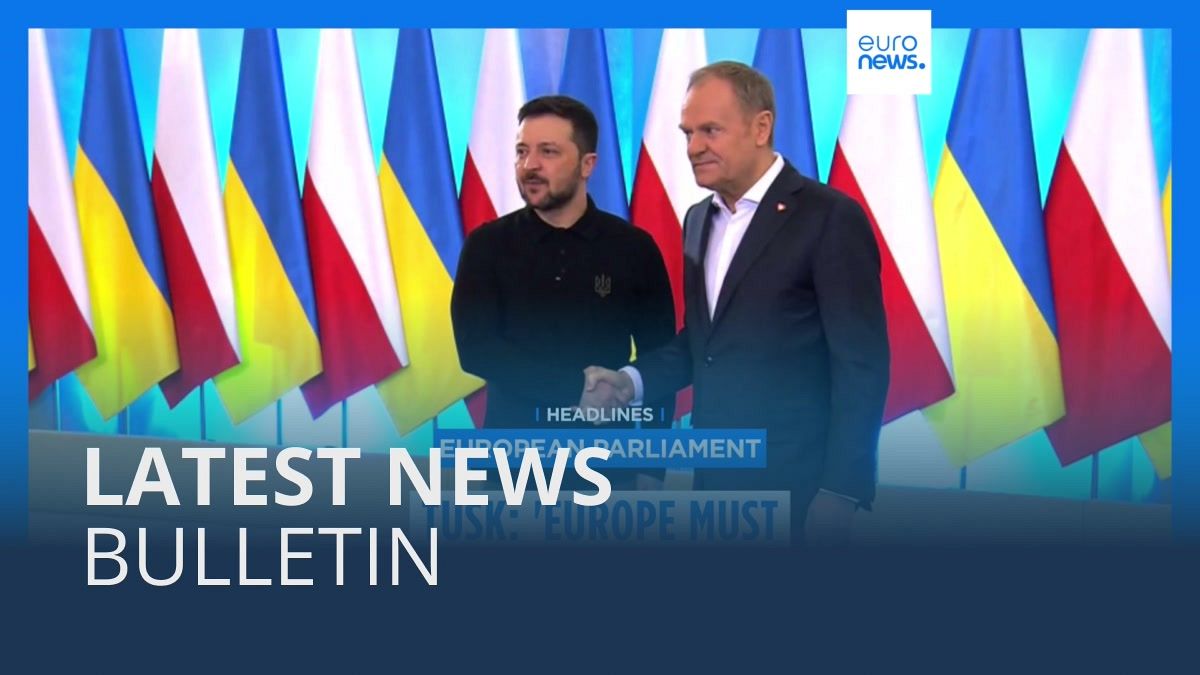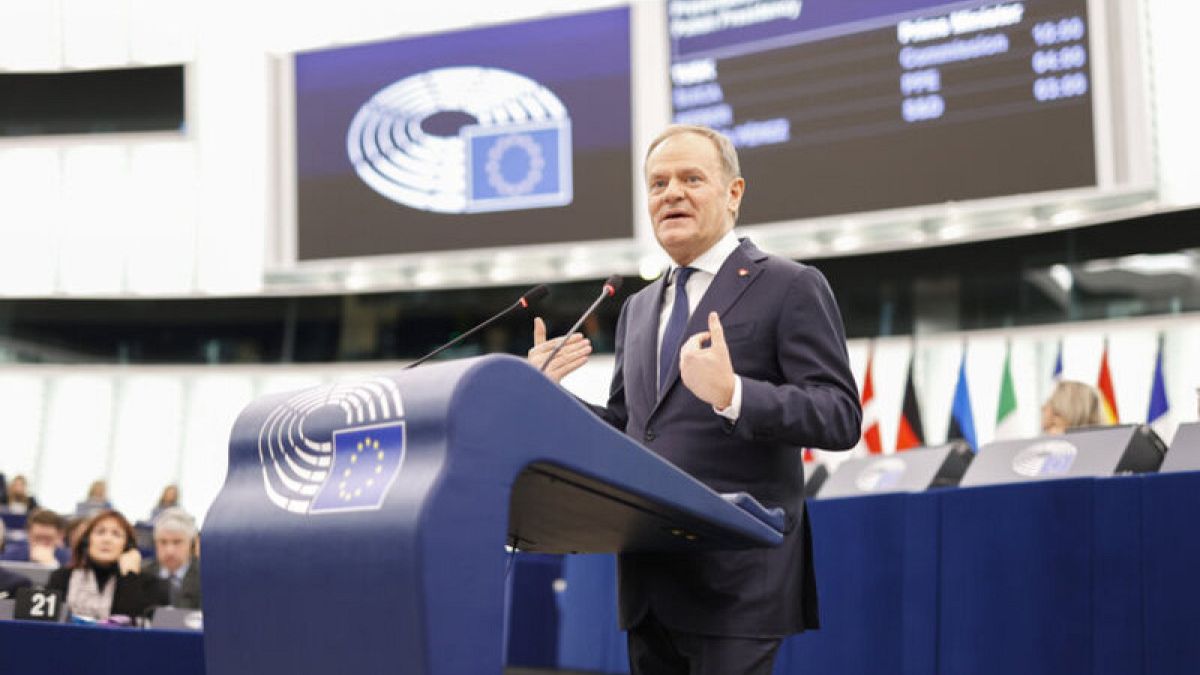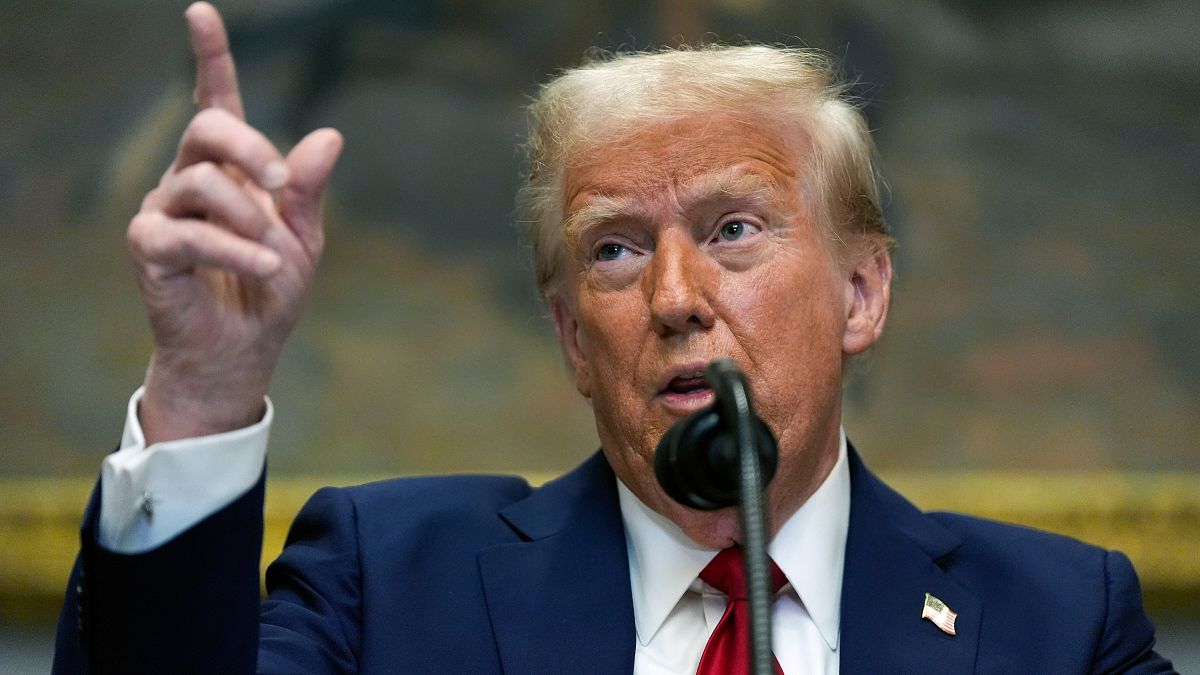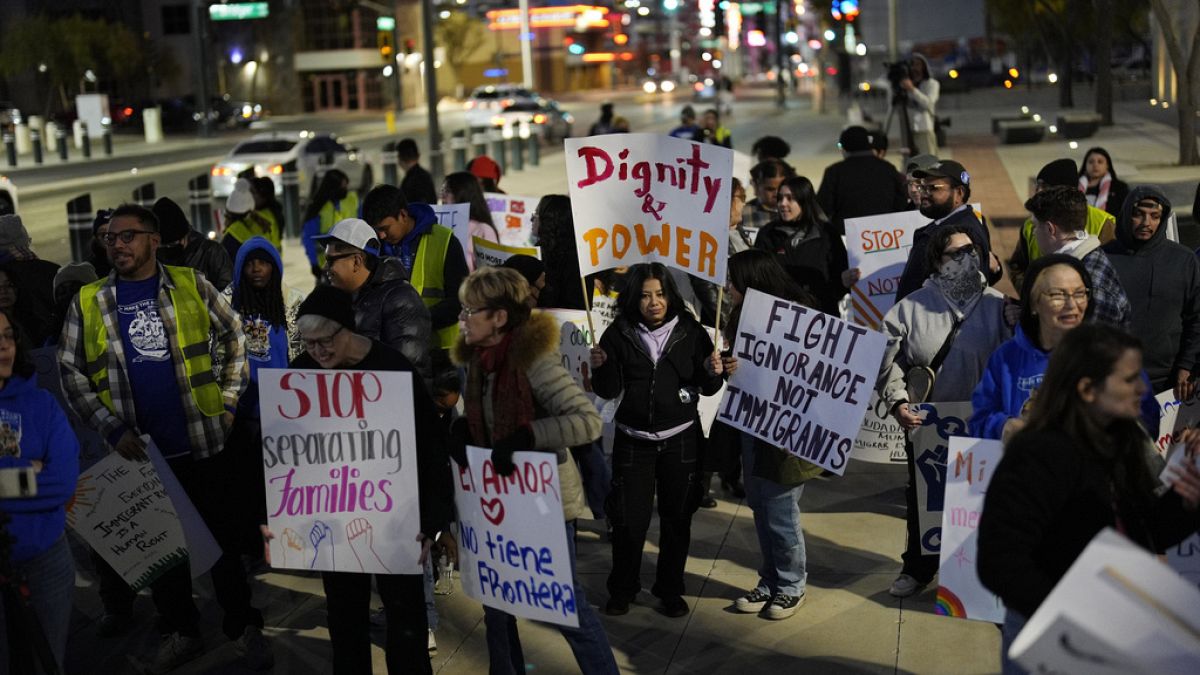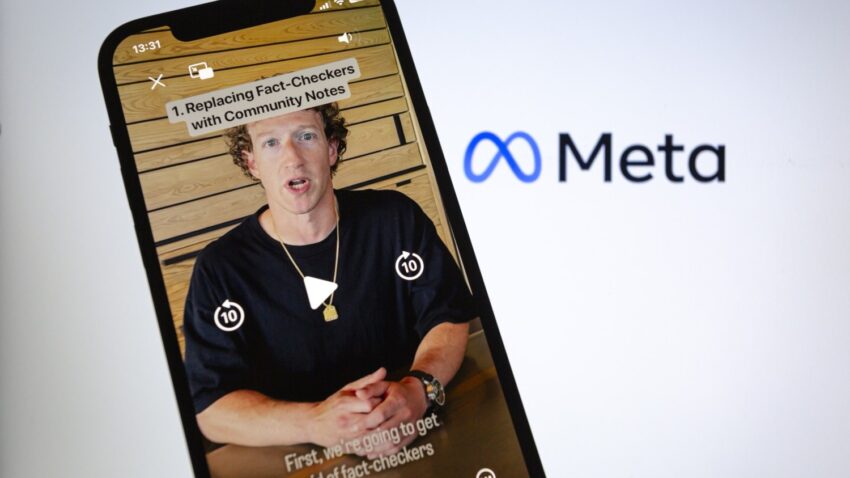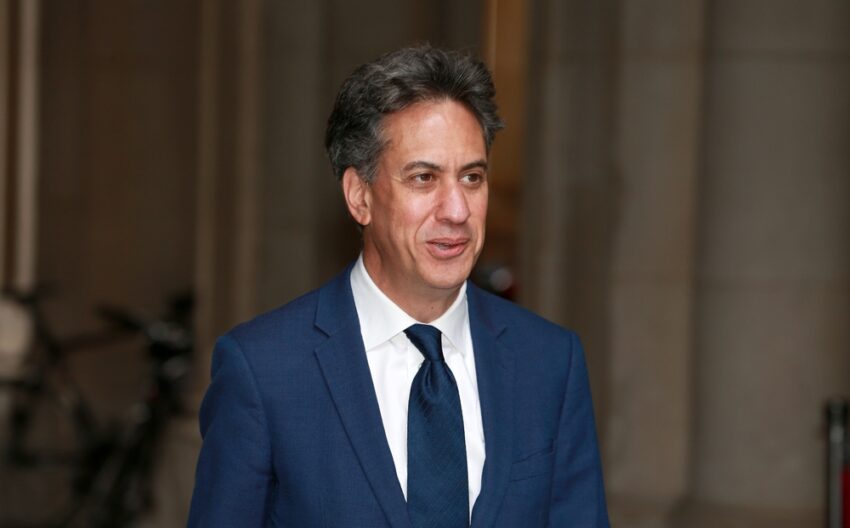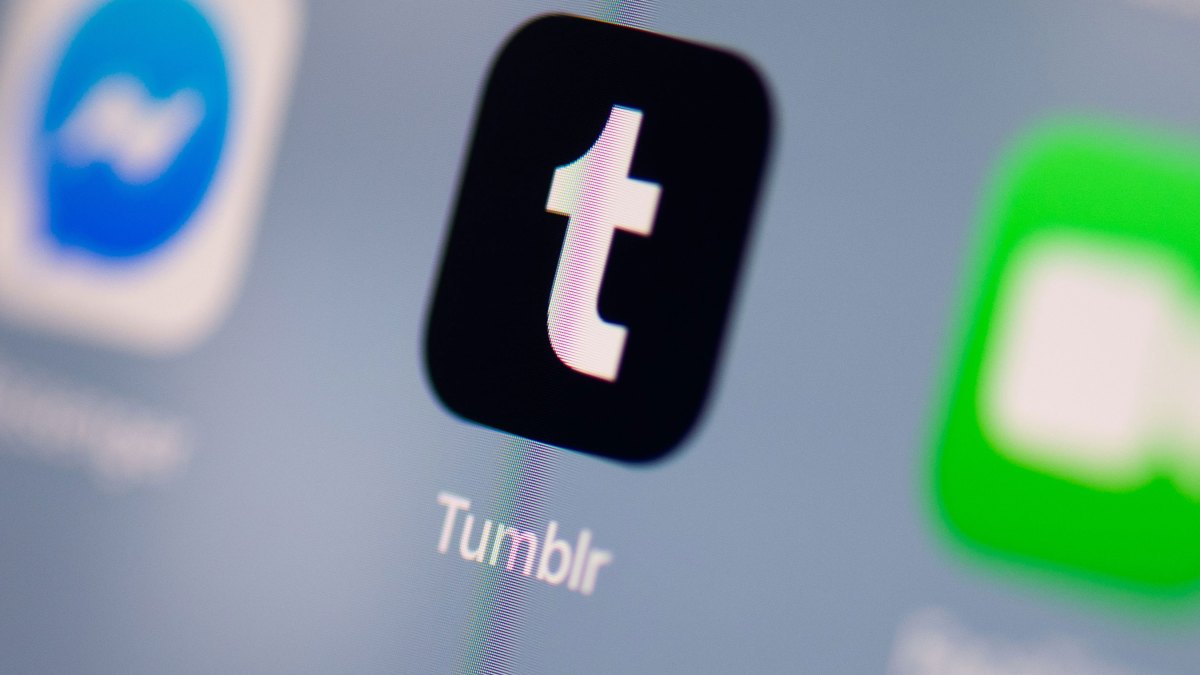Scholz’s leadership failure
It appears German politics is acquiring a new bitterness. And while everyone is busy accusing everyone else of letting the country down, one man has failed above all others.
John Kampfner is a British author, broadcaster and commentator. His latest book is “In Search of Berlin,” published by Atlantic. He is a regular POLITICO columnist.
When German Chancellor Olaf Scholz feels awkward, he fiddles with his glasses. Or his pen, his tie, his phone . . . whatever he can find. He does it when praised — though that is a rare occurrence. But he does it most when attacked.
Just look at the Bundestag’s first session since Scholz’s decision to sack Finance Minister Christian Lindner and precipitate an early election. Germany’s politicians from all other parties took to the podium to mock the chancellor, with the leader of the Bavarian conservative party declaring he had presided over “the worst government of all time” — cue Scholz manically scrolling on his cell.
Meanwhile, the man most likely to succeed him, Christian Democratic Union (CDU) leader Friedrich Merz, avoided such hyperbole but struck a more painful blow. With Germany’s entire political and business class in a state of despair over the U.S. election result, Merz said President-elect Donald Trump might vaguely remember Scholz, before adding: “Don’t think you have any authority to talk to this new president. He will drop you like a lightweight.”
Overall, it appears German politics is acquiring a new bitterness as it enters one of its most critical moments. And everyone is busy accusing everyone else of letting the country down.
Former Chancellor Angela Merkel is blamed for Germany’s energy dependency on Russia and a failure to reform the economy. Lindner, whose spectacular sacking precipitated this latest drama, is accused of undermining the government. The Greens are rounded upon for focusing on climate change over economic livelihoods. And the CDU is seen as opportunistic, while Merz is regarded as abrasive. Then, of course, come the two extreme parties and the dangers they pose to liberal democracy.
But, of course, one man has failed above all others — and that is Scholz. The Besserwisser (the know-it-all), the man lacking both human empathy and political courage, the man who saw his role not as team captain but as referee, constantly niggling with the other two parties in his “traffic light” coalition rather than leading them.
Therefore, it might seem bewildering that Scholz, the man with the lowest popularity ratings, will remain the Social Democratic Party’s (SPD) candidate for chancellor, especially when it could have gone for Defense Minister Boris Pistorius, who happens to be the most popular. But both he and the party buckled.
At least Scholz acted decisively in calling time on the coalition. Yet, even in this one act, he didn’t quite fully engage. Instead, he tried to buy time and delay the confidence vote to January, so the election wouldn’t take place until the end of March. And though he was eventually humbled on that front and forced to bring it forward by other parties, even the agreed date of Feb. 23 doesn’t quite suggest the urgency required, as Trump will be a good month into his rampage by then.
Scholz was hoping — is still hoping — he could use the time to exploit his rivals’ mistakes. This is what happened last time: During the federal president’s speech to victims of flooding in 2021, CDU candidate Armin Laschet was caught laughing at a joke offstage. The Greens’ candidate and current Foreign Minister Annalena Baerbock also got into trouble over allegations of massaging her resume. And as a result, Scholz was able to sneak through without saying or doing anything of note during that election campaign.
It’s still possible he’ll improve his party’s ratings from its current 15 percent by appealing to the instincts of core SPD voters: more welfare, more job security, more “peace” — a.k.a. spending less on Ukraine (although he insists that isn’t his plan). Scholz’s recent phone call with Russian President Vladimir Putin — his first in two years — was denounced by his critics as the first sign of a more Russia-emollient approach during the elections.
Truth is, unlike the U.S., U.K. or France, Germany doesn’t prize charisma or bombast in politics. Yet, it does require a certain way of communicating, something Scholz — nicknamed the Scholzomat (the Scholz robot) — appears to lack completely.
For example, German television’s popular political chat shows often provide a useful vehicle for appealing to constituents, and yet the chancellor’s appearance on the most-watched show, just four days after collapsing his own government, was a masterclass in how-not-to act.

When presenter Caren Miosga asked if he had any doubts about becoming the SPD’s chancellor candidate given his unpopularity, Scholz refused to answer. And when she politely persisted, he simply replied “no” and produced a frozen smile before looking down. The only time Scholz was animated was when he repeated his denunciations of Lindner for torpedoing the government.
But while the failure to “do human” is an issue for Scholz— it’s only part of the problem. What matters far more is the government’s inability to inject life into the economy.
When the three parties — the SPD, Greens and Lindner’s Free Democrats — first came together to form their coalition in December 2021, they made the modernization and digitization of German industry their priority. However, their mission was set back when Russia invaded Ukraine.
At the time, Scholz’s initial response to this, his fabled Zeitenwende (turning point) speech, was rightly praised. But his failure was to stop there. With his popularity surging, Scholz could have pushed forward to revamp Germany’s entire approach to defense and, in so doing, presided over a radical reforming government. Instead, he resorted to type, acting as a day-to-day tactician, playing each of his coalition partners against the other.
In fact, the only SPD minister to have shown courage and take risks has been Pistorius. It might seem surprising that he’s been consistently popular, despite being outspoken in calling for greater support for Ukraine in a country traditionally seen as averse to the use of hard power. But he would have made a far more convincing chancellor candidate — and he knows that. Scholz knows it too.
And yet, the party seems determined to go down in ignominious defeat. Perhaps that’s the shock therapy it, and Germany, needs. But as this protracted election campaign acrimoniously cranks into gear, there will undoubtedly be many twists along the road.
What's Your Reaction?







